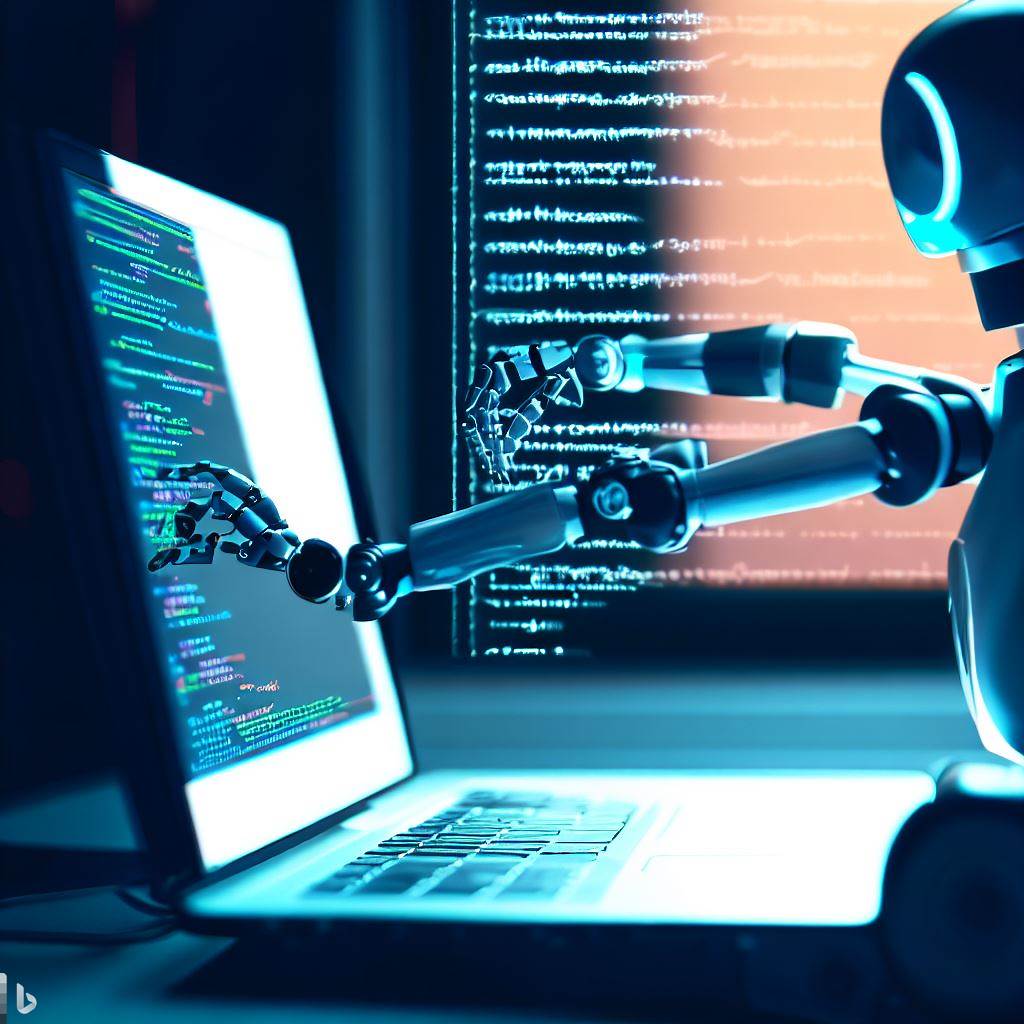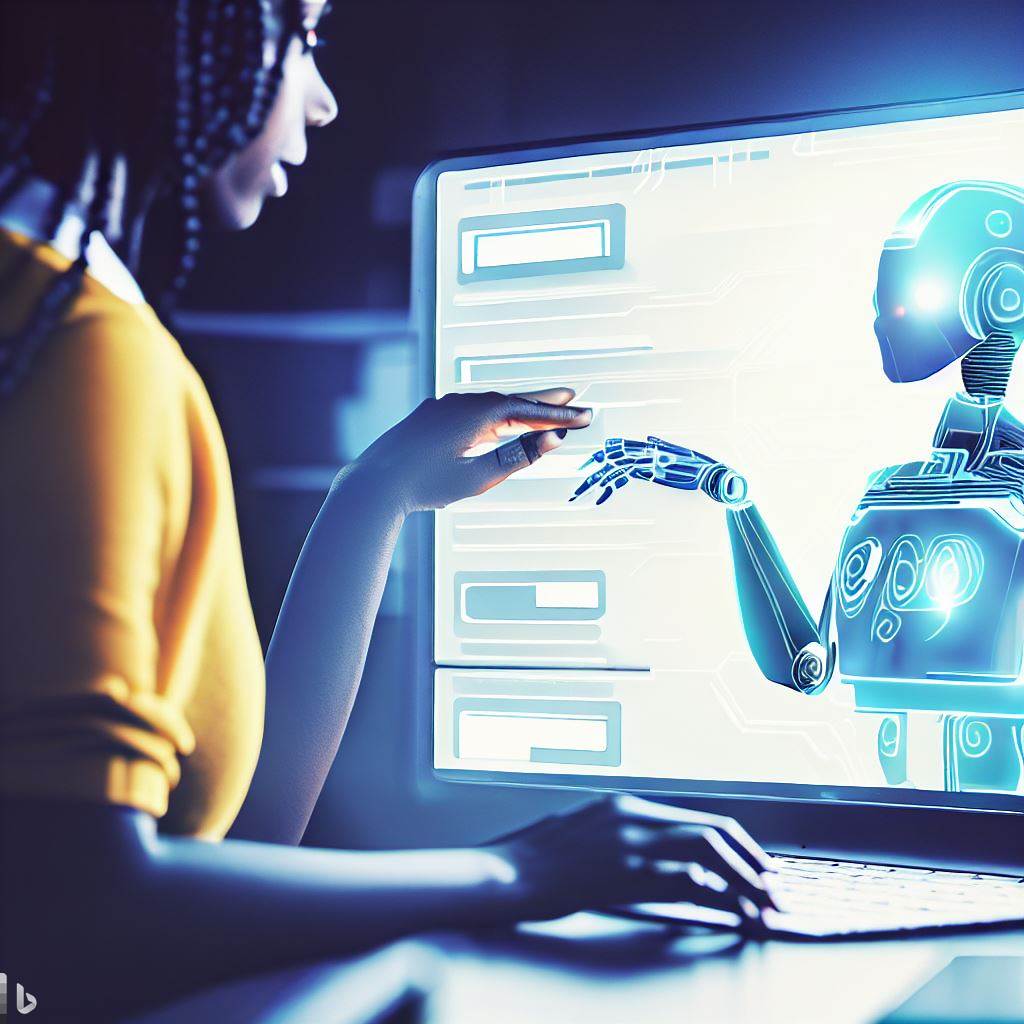In a world driven by technological advancements, artificial intelligence (AI) has permeated various industries, revolutionizing processes and challenging the roles of human professionals. Among these roles, software developers find themselves pondering a crucial question: Will AI replace developers? The emergence of automated coding tools and AI-driven programming solutions has sparked debates about the future of the profession. In this article, we will delve into the pros and cons of automated coding, exploring the potential impacts on developers and the wider landscape of software development.
Pros of Automated Coding:
1. Increased Efficiency and Productivity
Automated coding tools leverage AI algorithms to streamline repetitive coding tasks, significantly reducing development time and increasing productivity. By automating routine code generation, bug detection, and refactoring, developers can focus on higher-level problem-solving and innovative aspects of their work. This allows for faster development cycles and more efficient delivery of software solutions.
2. Enhanced Code Quality
AI-powered code analyzers and linters can identify potential errors, security vulnerabilities, and coding best practices, helping developers produce higher-quality code. Automated tools can perform extensive static analysis, ensuring compliance with coding standards and reducing the likelihood of human error. This ultimately leads to more reliable and robust software applications.
3. Accelerated Learning and Skill Development
Automated coding tools can serve as valuable educational resources for developers, especially those in the early stages of their careers. By providing instant feedback, code suggestions, and recommendations, AI-powered tools can accelerate the learning process and enhance developers’ skills. Additionally, these tools can introduce developers to new programming languages and frameworks, facilitating their adaptability and professional growth.
Cons of Automated Coding:
1. Limited Creativity and Problem-Solving
While automated coding tools excel at repetitive tasks, they often struggle with creative problem-solving and out-of-the-box thinking. Developing complex algorithms, designing unique user experiences, and architecting innovative software solutions require human ingenuity and intuition. AI may not fully replicate the creativity and innovation that developers bring to their work.
2. Risk of Job Displacement
As automated coding tools advance, there is a concern among developers about job displacement or downsizing. If AI becomes proficient enough to handle a significant portion of coding tasks, some traditional development roles may become obsolete. However, it’s important to note that AI is more likely to augment developers’ work rather than replace them entirely. Developers can shift their focus to higher-level tasks such as system architecture, software design, and project management.
3. Dependence on Quality Training Data
AI models used in automated coding heavily rely on large datasets for training. The quality and diversity of training data significantly impact the performance and accuracy of the AI algorithms. In domains with limited or biased training data, AI-powered coding tools may generate suboptimal or erroneous code. Therefore, it’s crucial to ensure that AI models are trained on comprehensive and unbiased datasets to avoid potential pitfalls.
Finding the Balance
As technology advances, it is essential to strike a balance between the benefits of automated coding and the value of human expertise. Developers can leverage AI-powered tools as assistants rather than replacements, harnessing their capabilities to enhance their skills and productivity. Combining the efficiency of automated coding with human creativity, critical thinking, and problem-solving skills can result in the most effective and innovative software development outcomes.
Conclusion
While the rise of automated coding tools powered by AI raises questions about the future of developers, it is unlikely that AI will completely replace them. Rather, developers will need to adapt and embrace the evolving landscape of software development. By leveraging the efficiency, code quality enhancements, and learning opportunities offered by AI-driven tools, developers can remain at the forefront of the industry. Ultimately, the synergy between AI and developers holds the key to unlocking new possibilities and advancing the art of software development in the years to come.



